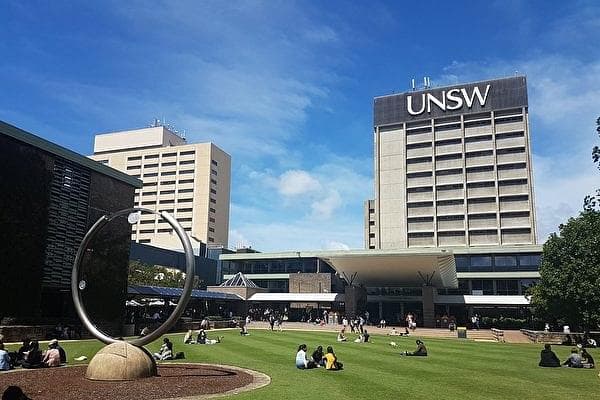Bachelor of Vision Science at University of New South Wales
Sydney, Australia
- Tuition Fee AU$ 49,810
- Country Rank#1
- Duration36 Months
- Score IELTS: 6.5 TOEFL: 90
Program Overview
Study the science of how we see and interact with our world. This degree provides a comprehensive education in a wide range of areas, including:
-
sensation and perception
-
psychophysics
-
optics
-
anatomy and functioning of the eye
-
oculo–visual disorders
-
introductory pharmacology
-
visual aids and dispensing
-
the consulting room interface
-
research design and methods and experimentation.
You’ll gain broad experience in optometric eye care and training to communicate effectively with patients and other health practitioners. This degree will help you develop sought after skills, ensuring your training is relevant in today’s fast-changing world.
Cost Of Studying At University of New South Wales
Interest rates as low as 8.9% *
250K+
Students Assisted
800Cr+
Loan Amount Disbursed
5000+
Loans Sanctioned
Check Loan Eligibility
Powered by
